Climate Justice by Ruth Bowen
Three years ago, Embracing Wholeness: An Earth Perspective For Covenantal Living was a UMW Mission U study. I highly recommend the book, by Jessica Stonecypher, which is in the church library. It was an easy and fast read for me as the author writes well and the print was a decent size (the latter is always a plus). The chapter titles are:
The Sacred Creation
The Sacred Community
The Sacred Self
Covenantal Living
Making It Work
The last part of the book is a participant's guide, making it suitable for small group study.
We know everything is sacred because "The earth is the Lord's and all that is in it, the world and those who live in it." Psalms 24:1 (NRSV). By using the words "all", "those" and "world", the author of Psalms makes it clear God includes everyone and everything God created and is creating. The world is a work in progress. Creation continues. We best pay attention and do a significantly better job of fulfilling our responsibilities to be stewards, not consumers! From 1 Corinthians 10:23-31, v. 24," Do not seek your own advantage, but that of the other," v.26 "for the earth and its fullness are the Lord's," and v.31 "So whatever you do, do everything for the glory of God."
According to Jessica Stonecypher, to be in a covenantal relationship with all of life and to live a life of wholeness and abundance, we must first acknowledge our interconnectedness. Climate change reveals the global impact of what we do, don't do, have and have not done to build up God's creation. Justice comes when we change our habits of overconsumption and share our abundant resources. Justice comes when we advocate for policies and practices that make for healthy communities. Justice happens when we come to terms with the fact that the world is broken and that as citizens in the world, we are part of the problem. "When we can admit our wrongdoing, there is more room for redemption and reconciliation." (Stonecyhper, p. 97)
Growing up, I often heard my Mom say, "You can be part of the problem or part of the solution." What's in the heart of who we are, as children of God made in God’s image? Are we part of the problem or part of the solution? There are many hymns and folk songs that speak to the answer.
To paraphrase Chief Seattle, the earth does not belong to humans; we belong to the earth. All things are connected. We are merely a strand in the web of life. Whatever we do to the web, we do to ourselves.
Grace and Peace,
Ruth Bowen
Program Resources, FUMC-Denton UMW
Co-Social Action Coordinator, NTC UMW
